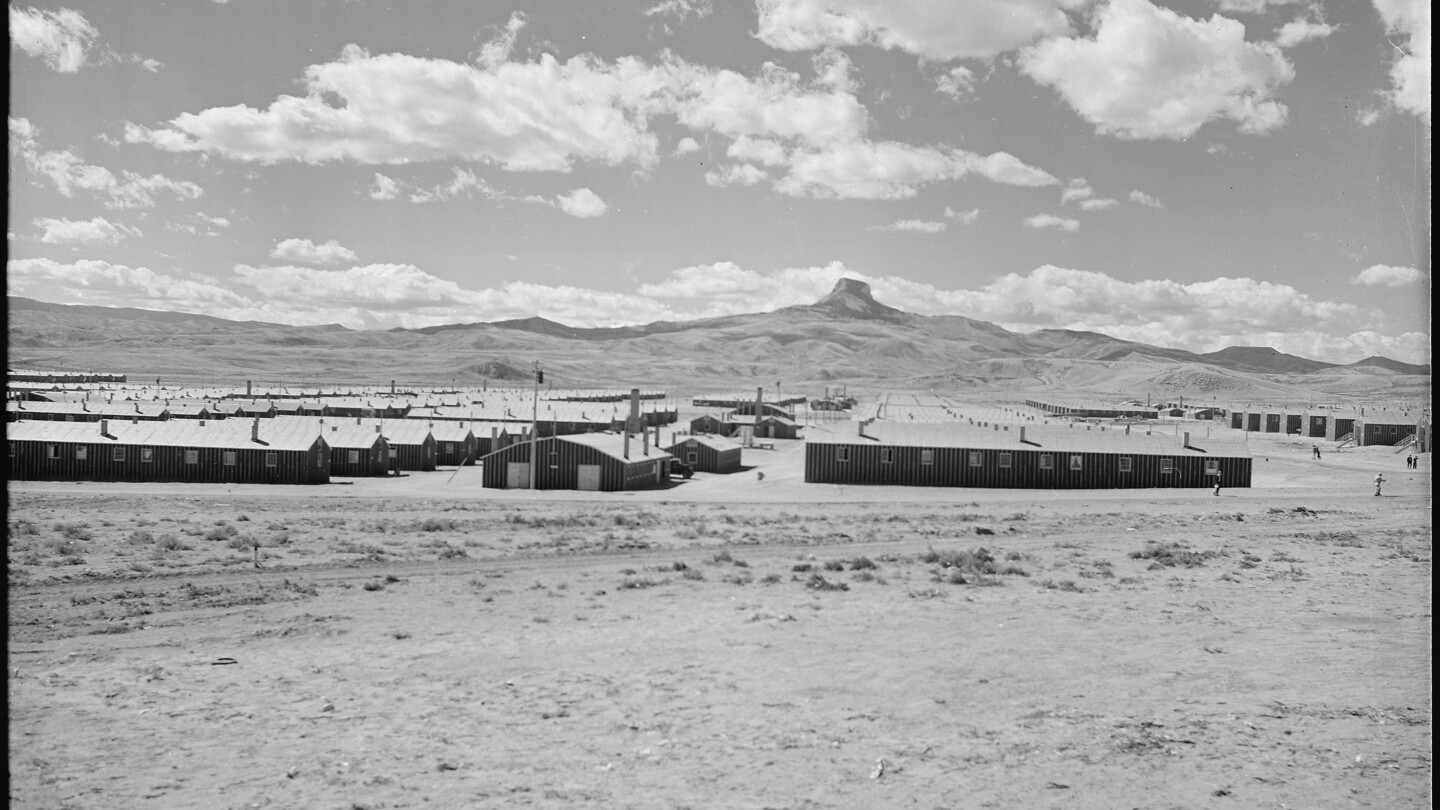Teaching and Conversing with Southern Californian Ancestor Poets

On the very first day of the workshop "The Making of a Complete Lover: An Introduction to Poetry," Suzanne Gardinier, a former teacher of mine, read aloud this quote: "There is a vitality, a life force, an energy, a quickening, that is translated through you into action, and because there is only one of you in all time, this expression is unique."
I've lived with this Martha Graham quote for years and the questions it incites. What is this translation of "life force" to "expression"? What does it look like? What makes this expression "unique?" Suzanne gently reminded us that we are always in conversation with poets from the past, our ancestry, and that our contribution to writing is shaped by the voices of history.
In the process of teaching poetry and creative writing at UC Riverside, I've realized that translation is the tough business of craft. Translation isn't "pure" or "untouched" by the mind of genius. It is the hard work and constant process of writing, rewriting and conversing with the dead and living through reading.
A few weeks ago, during spring break, I visited Washington, D.C. to attend Split This Rock Poetry Festival. Poet Ching-In Chen and I organized a reading entitled "Intersecting Lineages: a Solidarity Showcase of African American and Asian American Poets," which featured poets from Cave Canem, an organization that promotes African American poetry, and Kundiman, a sister organization for Asian American poetry.
Readers shared the influential work by their ancestor poets who belong to cultural backgrounds different from their own: Kazim Ali gave tribute to the late Lucille Clifton, and Monica Hand discussed the zuihitsu form used by contemporary poet Kimiko Hahn and Sei Shonagon, the author of The Pillow Book, which dates back to the Heian period in Japan. I shared the work of Trinidadian-born, Canadian poet, Dionne Brand whose ferocious poems speak truth to power. The readings allowed participants to travel through space and time, trace poetic genealogies, and recognize affinities in their ancestor poets' work.
Inspired by the reading, I added an independent project component, the Ancestor Poetry Anthology, to my class, which allows students to explore their own ancestor poets. These poets may share students' communities, identities, and languages, reflecting their small and larger concerns with identity, love, loss, nationhood and belonging.
My students are currently researching poets from Southern California -- an expansive and hugely diverse region. They conducted preliminary web research and brought biographies, poems and short reflections exploring why they selected this particular poet to class. Three students selected Frank Bidart because of their shared affinity with UC Riverside.

One of the three students, Edwin, writes: "I chose Frank Bidart because of where he studied. He attended the University of California, Riverside. As a student of the same university, I feel that I should be able to do the same as he did. Maybe not go to Harvard or release numerous amounts of poetry but be able to create an impact on the world where I am remembered. Hopefully, my mark on the world isn't a scar."
Another student, Judith, expressed her enthusiasm about Dana Goodyear: "How cool is her 'Séance of Tennis'? It's a funny piece about making someone jealous by bringing back a past boyfriend -- so vindictive and so hilarious." During our discussion of Goodyear in class, Erica perked up: "I love her work! She came to visit my creative writing class last quarter. I love that Tennis poem."
Elizabeth and Gabriela chose an iconic Los Angeles poet to explore: Charles Bukowski. Gabriela writes: "I admire a man who worked and drank for most of his life, fully aware of life's dismal truth, yet equally aware of the potential of happiness...in some weird way I wish I could bring Bukowski back to life for a conversation about the here and now, 2012. I respect his technique of contrasting thoughts throughout the stanzas [in his poem, 'the old anarchist']."
While reading their decisions for focusing on particular poets in their Ancestor Poet Anthologies, I am reminded by what poet Patricia Smith said on a panel on pedagogy at Split This Rock: "It's important for students to know the person behind the poems." Poems should stand strong on their own, independent from their creators, but I also believe that the people behind the poems allow emerging poets to explore context, enlivening the process of discovery -- to dip that first toe into the seemingly cold water.
Excerpts from students' writings, inspired by Southern California poets, will be presented in a follow-up post in the form of exquisite corpse.
Rachelle Cruz is the author of the chapbook, Self-Portrait as Rumor and Blood (Dancing Girl Press,2012). She hosts "The Blood-Jet Writing Hour" Radio Show on Blog Talk Radio. She is currently a student instructor at UC Riverside.


